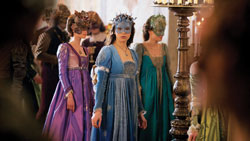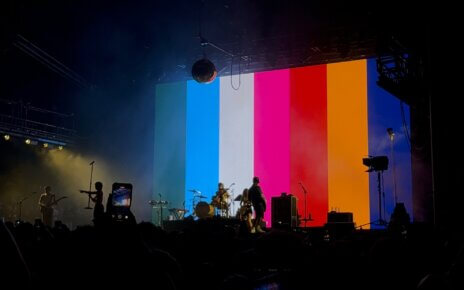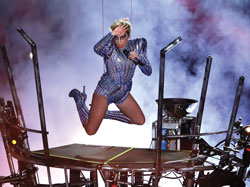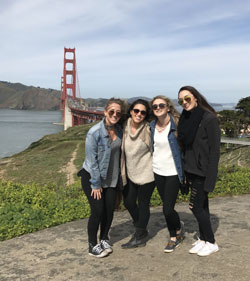With so many adaptations of Shakespeare’s classic tale, there was a sense of skepticism as I watched this new version of “Romeo and Juliet.” However, director Carlo Carlei and screenwriter Julian Fellowes were able to breathe some new life into this tired, old love story by creating an authentic piece that not only Shakespeare himself would be proud of, but would also entertain hopeless romantics of the twenty-first century.
In fair Verona is where we lay our scene, Douglass Booth and Hailee Steinfeld play the famous star-crossed lovers of Romeo and Juliet. The on-screen chemistry between the actors was well done and was captured in a different manner.
In other adaptations with pairings such as Leonadro DiCaprio and Claire Danes or Leonard Whiting and Olivia Hussey, the connection seemed overly dramatic or purely emphasized on the lustful passion the young couple was allegedly supposed to share.
However, Steinfeld and Booth interacted with a genuine naïve nature that warms the heart. Steinfeld maintains an incredibly sweet demeanor as Booth chases after her with a delightful goofy boyish charm, which is a nice contrast from the self-pitying Romeo that has been played by other actors.
The main characters are supported by an all-star cast including actors Paul Giamatti who plays wise Friar Laurence and Ed Westwick from “Gossip Girl” who plays Juliet’s enraged cousin Tybalt. The only real problem with Giamatti’s performance was that he did not have a British accent consistently throughout the movie. It might not seem like a deal breaker, but it brought me out of the movie as the vernacular speech wavered in and out while he spoke.
Overall, the cast did a job well done with this piece, seeing as it was not the entire play word for word. There were lines that were trimmed, but they were little bits that were not necessary to the plot. Fellowes was smart to do this as it modernized the writing and allowed it to flow more naturally on screen. Also, it was nice to see a writer take a chance by altering scenes and lines within the movie.
One aspect of the film that stood out were the beautifully created visuals, made with meticulous detail from the palaces of the Montague’s and Capulet’s to the attire of each character.
Every setting throughout the movie was refreshingly authentic with marble palaces full of beautiful statues and perfectly trimmed grounds of the recreated estate. The scenes in the main town were also constructed with structures of weathered stone and dusty roads pulling a viewer into the story.
A scene that was particularly eye-catching was the feast thrown by Juliet’s parents, where Romeo first spots his fair love. The costumes are full of colors ranging from deep blues and violets to warm golds and browns. This created a lighter atmosphere compared to other cinematic versions that are darker and depressing.
Throughout the entire movie Carlei made good use of both candle and natural sunlight for various dramatic effects along with an original instrumental score playing in the background. Another example is when Romeo and Juliet sneak off after first meeting. The two actors are partially shadowed creating an air of romantic mystery in the scene as the lovers find themselves falling for one another.
Carlei also makes good use of the camera with panning shots that move with the characters, and close ups showing the range of emotions that the main cast transitioned through in the movie. There was even the use of slow motion during the sword fights between Mercutio, Romeo and Tybalt. It created a fly-on-the wall effect as a viewer, which helped create an emotional connection as the plot progressed, and it worked. By the final five minutes of the movie, I was crying harder than when I saw “Les Miserables.”
As a whole, “Romeo and Juliet” was not a bad movie, just simply predictable. The production value was surprisingly good, and the actors did fit their roles for the most part. If you are in need of a good cathartic cry after a bad day, then this is one you will want to watch, as this movie left me in tears. For there never was a film that left in more woe than that of Juliet and her Romeo.




